10 Things parents should know about esports
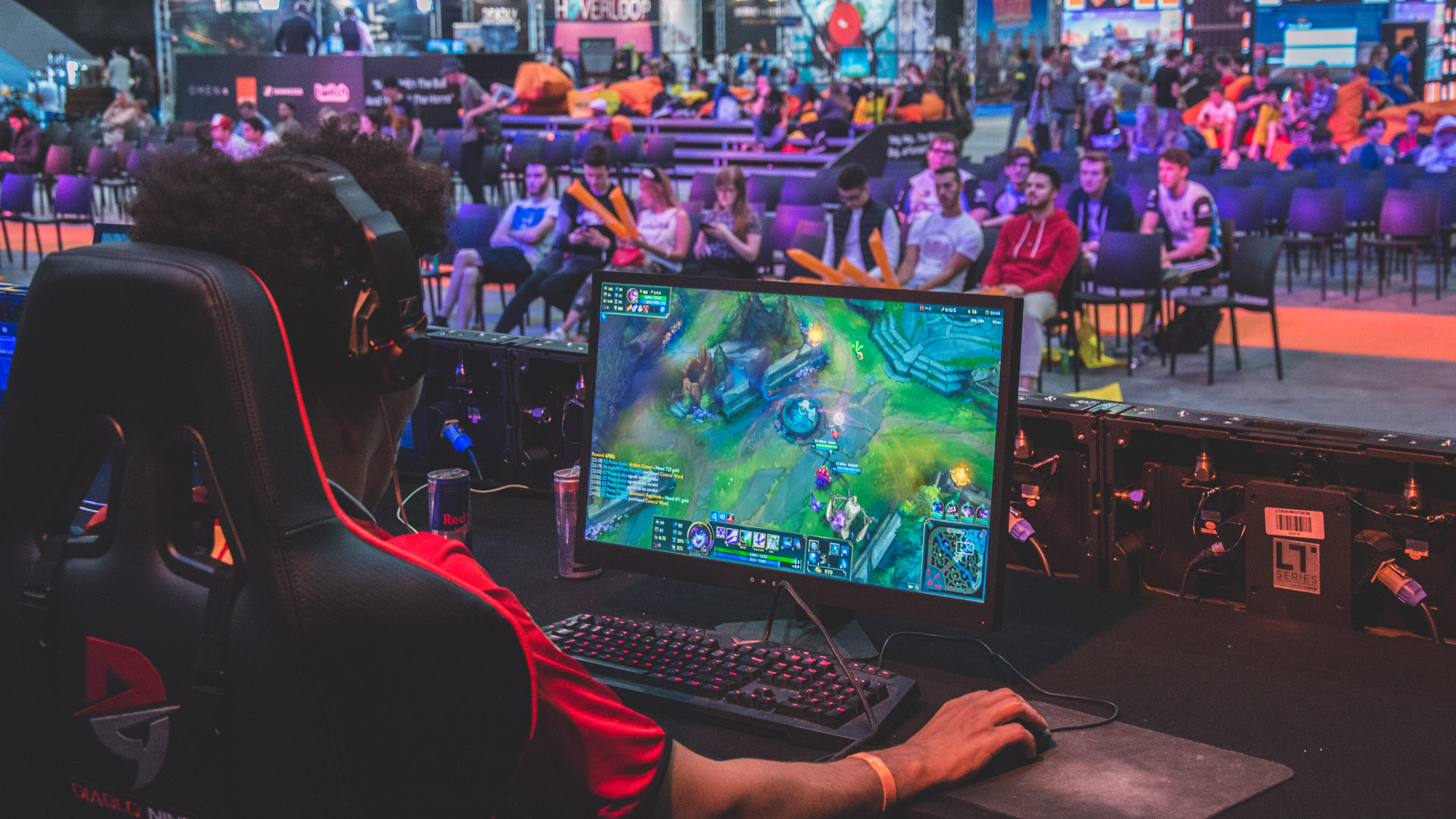
Esports has become a global phenomenon and more and more children and teenagers have become enthralled by it. This world is alien to most parents and it’s often difficult to know what your child is doing and what he or she is trying to achieve. To make things easier we’ve compiled a list of 10 things you, as a parent, should know about esports.
1. Ground rules
It’s okay to be concerned about the amount of time your child is spending on the computer or in front of the screen. Be sure to set some ground rules and talk things over with them. Just like in traditional sports it’s important to take time off and rest. When it comes to esports and getting better, health, diet and behaviour away from the screen are just as important.
2. Pocket money
For some players, participating in certain esports competitions is a nice way for them to earn some pocket money. Over the last years, esports earnings and prize money in Belgium (and the Benelux in general) has been going up steadily. While it’s not yet possible to make a living playing locally, good players can still pocket quite a bit of money. A tournament such as GameForce Masters had a €30.000 prize pool spread over CS:GO, League of Legends and Rocket League
3. A career in esports?
There’s more to the esports industry than just video games and there’s also multiple career paths one can take. Aside from just professional players, there’s people who man the cameras during broadcasts, referees, journalists and more. When talking about jobs in the esports industry it’s not just about playing games. Be sure to look at the esports industry with an open mind, as there’s way more to it than just a bunch teenagers playing video games. If approached with a realistic mindset, it can potentially be an honest career path.
4. No toxic behaviour
Keep toxicity in check and promote sportsmanship. Much like in traditional sports, a lot of esports titles are team games. It’s important to be cooperative and promote a healthy relationship between teammates, without any interactions becoming toxic. Make it a point to always talk things out when issues arise and make sure nobody feels left out within the environment of the team.
5. Gearing up
Just like traditional sports having the right gear is often very important to compete at a high level. The right equipment to compete in esports, often a gaming computer and peripherals can be quite expensive. Make sure to ask more information about any gear you’re purchasing for your child (or what they are purchasing). Things like the aforementioned computer and peripherals are often long-term investments, so think hard before buying and be sure to talk it over.
Looking to level up your gaming setup? OMEN is looking out for you!
— lolesports BE (@lolesportsbe) October 2, 2020
How to enter (only for Benelux):
1. Follow @lolesportsbe
2. Retweet this post
3. Leave a comment and include #BL2020 #OMEN
More giveaways: https://t.co/uQBPg8mGUg pic.twitter.com/x742NrlY39
6. Preventing injury
7. MENTAL HEALTH
8. Age restrictions
9. WOMEN IN ESPORTS
Even though esports is mostly a male-dominated world, there’s no reason as to why women shouldn’t be able to compete and pursue a career in esports. In recent years more and more women have found their way into the esports industry, either as a player or in another job, and are performing at the highest level. Examples are Sasha “Scarlett” Hostyn in StarCraft II, Jaime “Karma” Bickford in Rocket League. There’s also a lot of women involved next to the big stage, such as our very own Eefje “Sjokz” Depoortere. There are even big esports titles that host all-women tournaments and competitions but there’s no rule that says women can’t compete.
10. Partake in their interest
Try to sit down with your child and play the game they’re interested in at least once, you might even enjoy it. It’s important to understand what exactly draws your child into the game and what makes them so interested in competing. Knowing they have your support and that you understand what they’re doing can be very beneficial for both your relationship with your child and their relationship with the game. This is applicable to every hobby or activity they like doing.
BONUS: You really can't pause an online game
News Articles
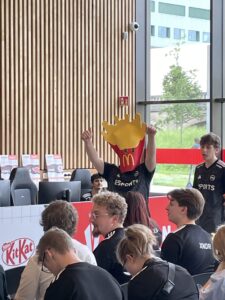
BSL Season 6: The Champions are known

BSL: Getting to know the students
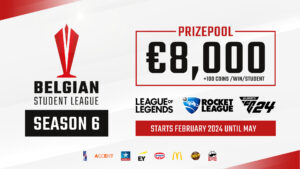
Season 6 of the Belgian Student League!
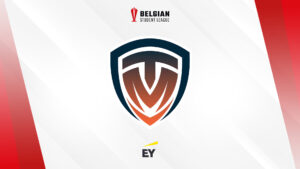
Meet the teams: Thomas More Gaming
































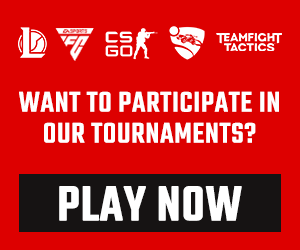


 The Belgian Student League website uses cookies to improve your experience. For more info read our
The Belgian Student League website uses cookies to improve your experience. For more info read our